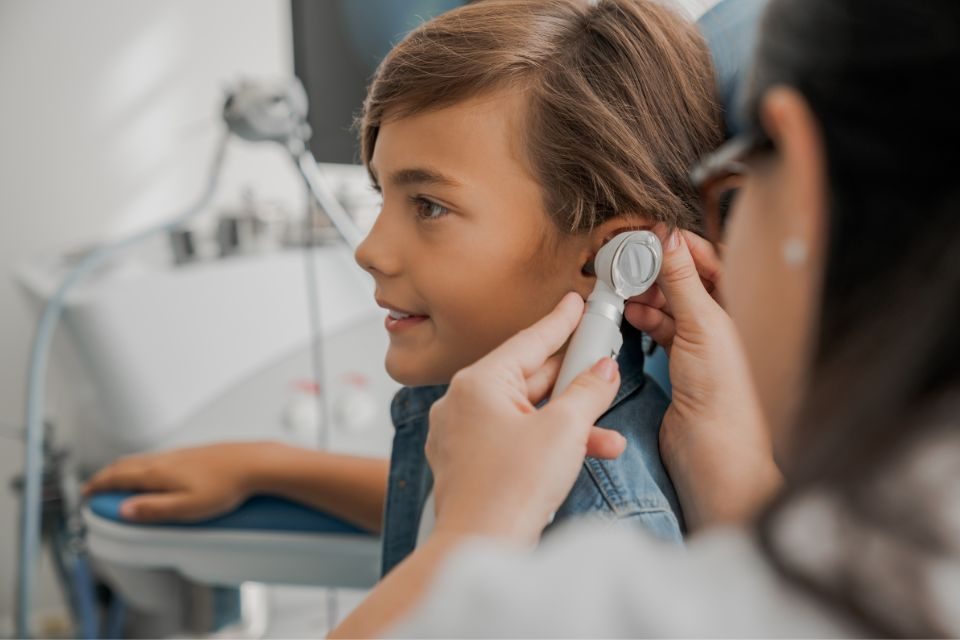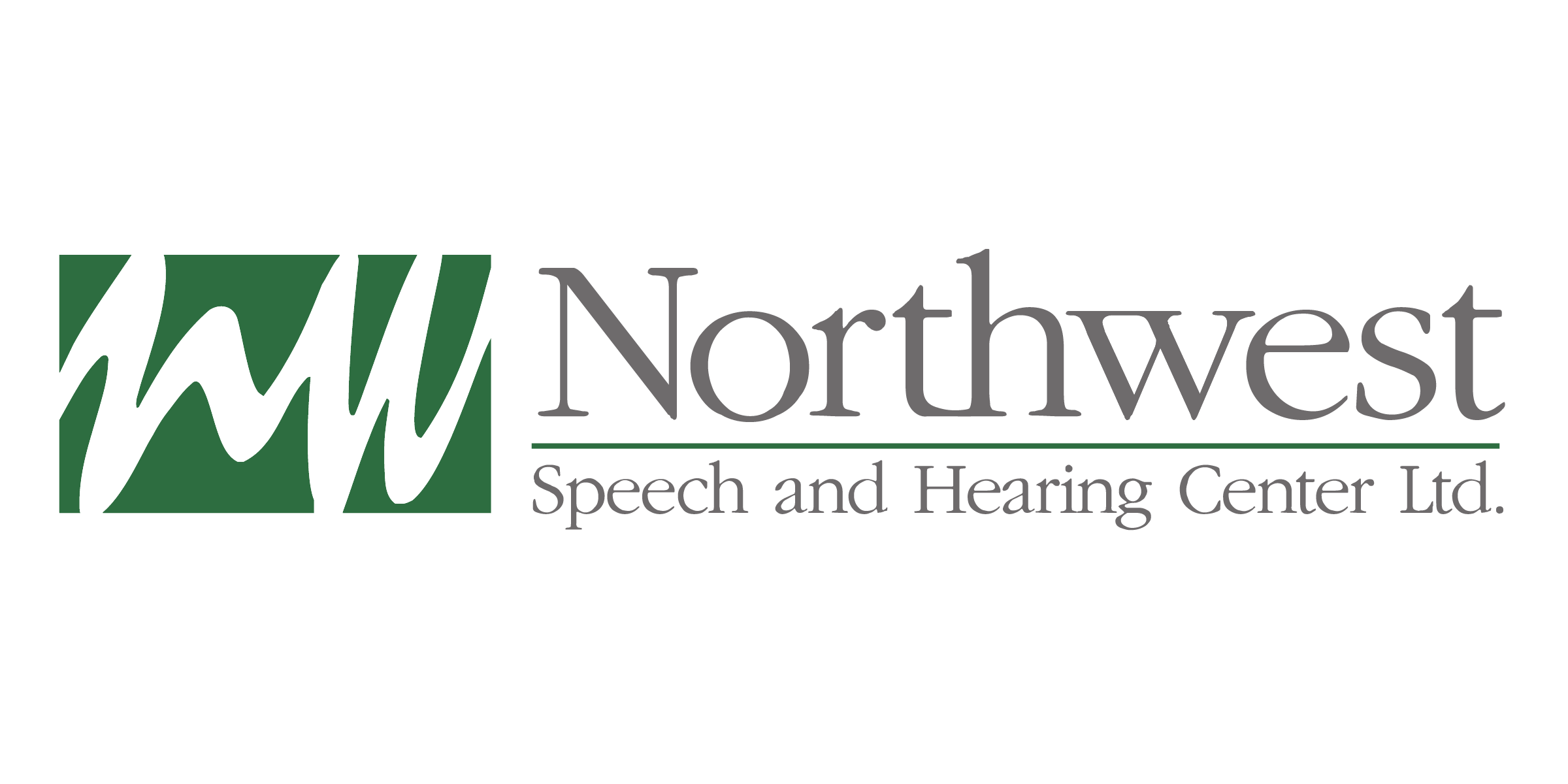Pediatric Hearing Evaluations: What To Expect

Before the Appointment:
You will receive an email for completing the Pediatric Case History. If possible, please complete this prior to the appointment. You may download, print out, and bring the completed history form to the appointment or email the completed form back to us. Having this completed will help the audiologist plan for what testing may need to be done.
Download the Pediatric History Form
Other children at the appointment:
In most cases, you will accompany your child in the test room during testing. Considering the nature of the evaluation being performed, a hearing test in a quiet sound-treated booth, it is difficult to have other children with you in the test room due to the noise and distractions that may arise. If your other children are older and able to sit quietly apart from you, they will be able to wait outside the testing booth. If more than one of your children is scheduled for testing or other young children will need to accompany you, please bring another adult with you to help watch the other children during the evaluation. If this is not possible, please let us know ahead of time, and we can try to accommodate you.
What to bring to the evaluation:
The evaluation will take about 45 minutes. You may wish to bring a favorite toy (quiet one), blanket or pacifier/binki to the appointment.
The hearing evaluation:
Hearing evaluations are conducted in our office in a large sound-treated room. A child can be tested for hearing loss at any age, beginning at birth. The audiologist uses objective and subjective tests to obtain a complete picture of your child’s hearing. A pediatric audiologist uses different types of testing techniques depending on the developmental capabilities of the child. Depending on the results obtained, and the ability of the child to tolerate the test procedures and earphones in their ears, more than one visit may be required to obtain all necessary test results.
Let the child know they will be playing games with the audiologist. Please avoid telling your child they are going to the doctor especially if they have had a negative experience at the doctor’s office.
If hearing loss is suspected:
After the testing is completed, the audiologist will review the results and findings with you. For many young children, the results end up being normal. If the audiologist determines that a child has hearing loss, they will recommend further evaluation and possible treatment. The kind of treatment depends on the type of hearing loss, how severe it is, and the child's other needs. All children identified with a permanent type of hearing loss should have a thorough medical and ear exam performed by a pediatric Ear Nose and Throat physician. Treatment decisions and options will be made with the family every step of the way.

